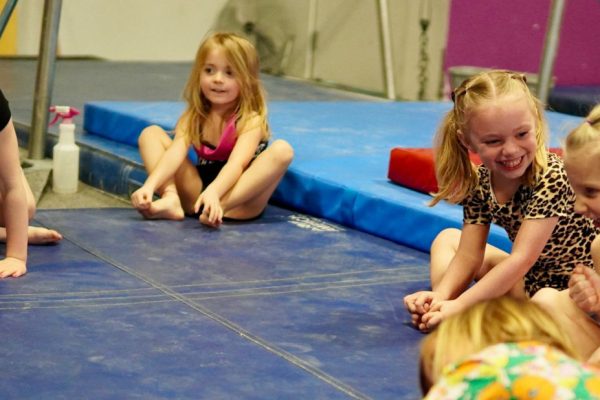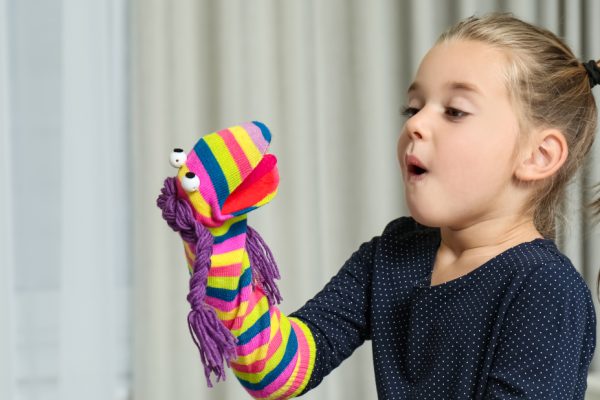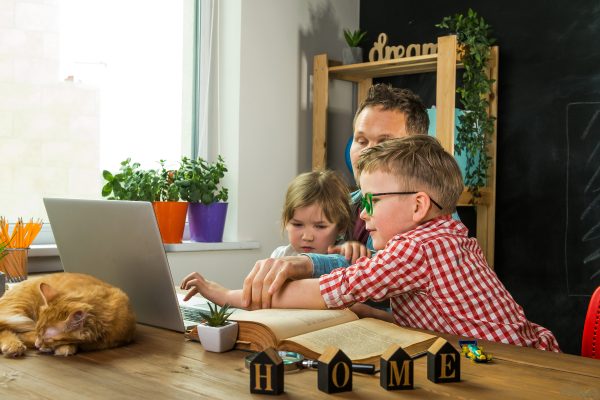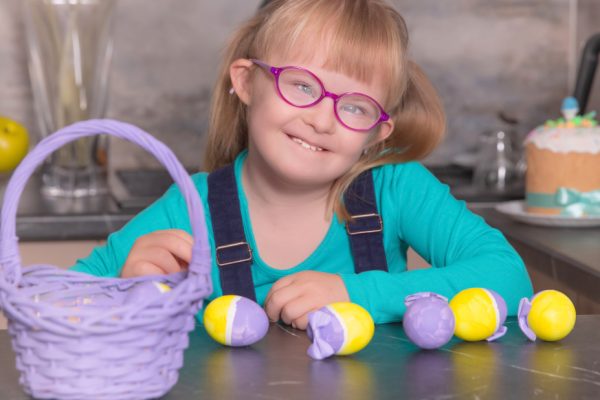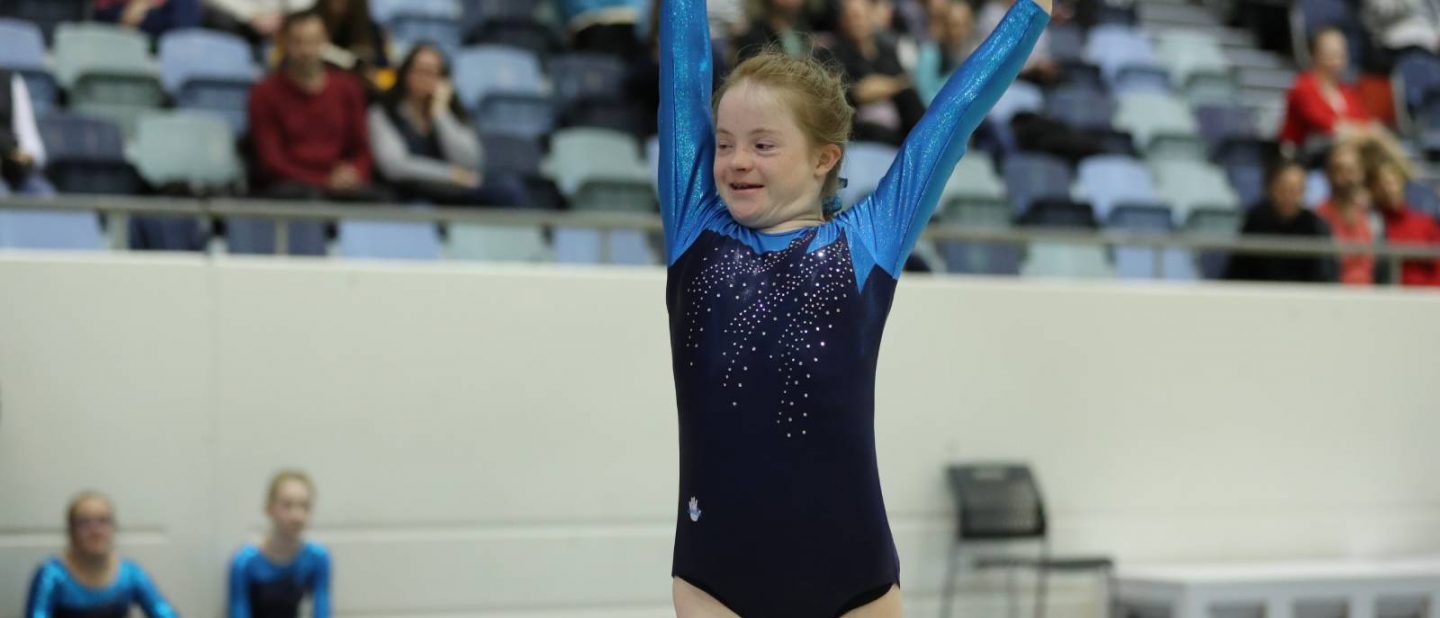
Head over heels for inclusive gymnastics
The latest research shows that gymnastics is of enormous benefit for the cognitive, physical and social development of people with disability. But for thousands of participants across the country, it is also about having lots of fun!
And in good news for those interested, the opportunity for children with a range of special needs to take part in specialised programs is also becoming more readily available.
Gymnastics Australia General Manager, Member Services, Brad Low, says the organisation, combined with State and Territory Associations, have been working with Special Olympics Australia since 2017 to provide people with intellectual disabilities _ of all ages and abilities _ the opportunity to develop physical fitness, strength, balance, flexibility, coordination, confidence and friendships.
“This partnership was just recently extended for a further three years in a show of commitment to increase participation pathways for people with intellectual disabilities, such
as assimilating Special Olympics competitions into state gymnastics competitions,” Brad says.
“Through our partnership with Special Olympics Australia, we provide opportunities for athletes to participate and compete in Special Olympics Gymnastics, including Men’s Artistic, Women’s Artistic and Rhythmic Gymnastics.
“The partnership has also seen the Young Athletes Program for gymnastics; an inclusive multi-sport program that develops fundamental movement skills among children aged between two
and seven years of age promoted to all Gymnastics Australia clubs.
“Gymnastics Australia is committed to growing the Young Athletes Program and providing this as a recreational pathway for children with an intellectual disability. Our aim is to grow this program in 2021.”
Gymnastics Victoria, Queensland and Western Australia are also working with Special Olympics Australia to provide inclusive opportunities in state-based events which create participation and competitive opportunities.
Gymnastics Victoria has one of the biggest memberships in the country with 13,000 members in its disability programs _ its Gymnastics for All program incorporates Special Olympics, BlindSports Gymnastics, Autism Spectrum Disorder (ASD) Gymnastics and Therapists in Gymnastics.
GV Inclusion and Programs Manager, Carolyn Bell, says it’s important for the sport to be accessible to everyone and therefore their inclusion programs cater to a wide range of disabilities.
“Our partnership with Special Olympics provides opportunities for participants with special needs to compete in Men’s, Women’s and Rhythmic gymnastics,” Carolyn says.
“Aerobase is a modified aerobics program and allows special schools and programs an opportunity to get involved in gymnastics with minimal equipment. Therapists in Gymnastics allow Occupational Therapists to utilise a gymnastics facility for their sessions and ASD Gymnastics focuses on the unique needs of individuals with autism.
“The Aerobase program provides a group competition for participating schools and the Special Olympics program provides a pathway for individuals who are interested in a more competitive experience.”
In 2010, Gymnastics Australia established a national resource called GymAbility for coaches delivering inclusive programs.
The program aims to support coaches and teachers to deliver movement programs that are inclusive for all, regardless of level of ability.
“The program considers individual needs with a focus on what participants can do, rather than on what they can’t. It aims to target the development of physical abilities,” she says.
“We value and promote participation by all individuals. Our coaches see each athlete as an individual with value and diversity,” the said.
So why should you give gymnastics a go?
“Gymnastics is a common tool for developing a child’s fundamental movement,” Carolyn says.
“It aids in the cognitive development of children, helping them to develop their listening, problem solving, muscular strength, joint flexibility, balance, coordination and core strength required for everyday living. It also provides a strong base for further skill development that can be taken across into all sports.
Adds Brad: “It provides young children with the skills and experiences they need to develop their physical literacy, which is the basic knowledge and behaviours that give children and young people the confidence and motivation to lead active and healthy lives.
“Focusing on ongoing growth, physical literacy involves holistic lifelong learning through movement and physical activity. It delivers physical, psychological, social and cognitive health and wellbeing benefits for people of all ages.”
GYMNAST SPOTLIGHT
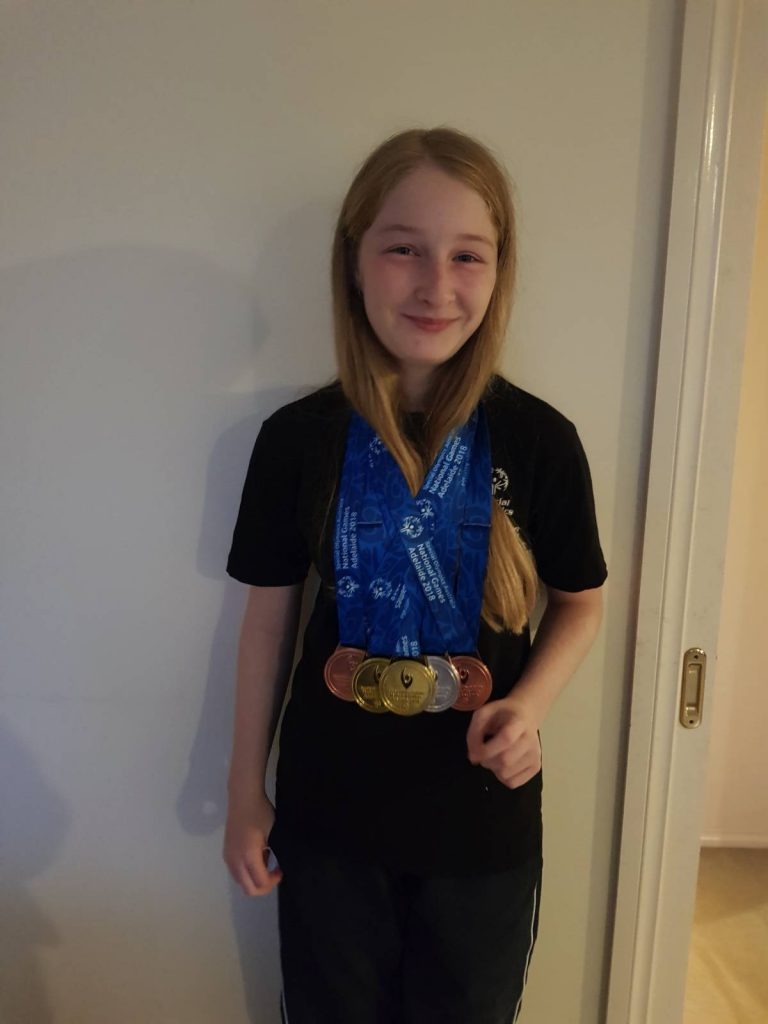

Lauren Menzies started gymnastics seven years ago as a way to make friends and get involved with sport.
The 17-year-old is now working hard to compete at an international standard. Living with autism, Lauren has developed many skills and is much more confident in herself as a result of regular participation, says her mum Kellie.“It has improved her physical balance and she is now very strong on the beam,” Kellie says.
“It has given her the confidence to speak up and be a mentor to younger kids with junior coaching of younger Special Olympics gymnasts.
“Gymnastics is her happy place and she has a strong bond with her coach Kerry.
“She wants to compete at the 2022 Special Olympics National Games after placing first overall at age 15 in the 2018 National Games in Adelaide, and then progress to the 2023 Special Olympics World Games.”
Kellie says Lauren would definitely recommend the sport to anyone with a special need.
“She hopes to prove that there is a place in sport for everyone, and anything is possible, regardless of any diagnosis,” Kellie concludes




